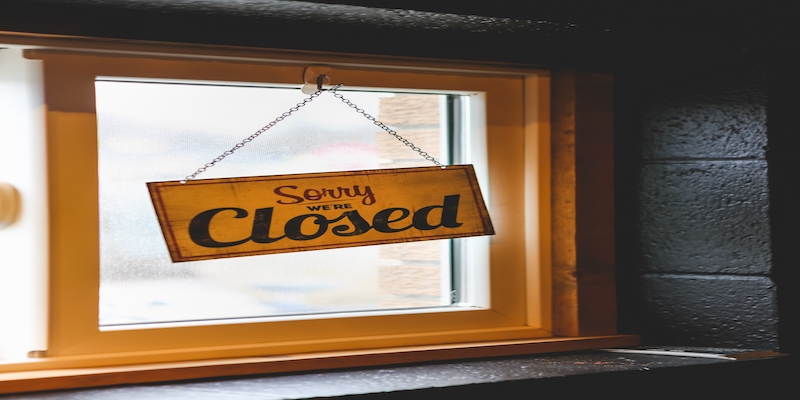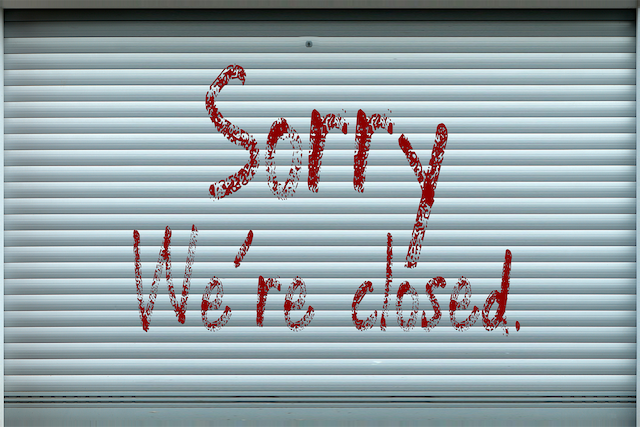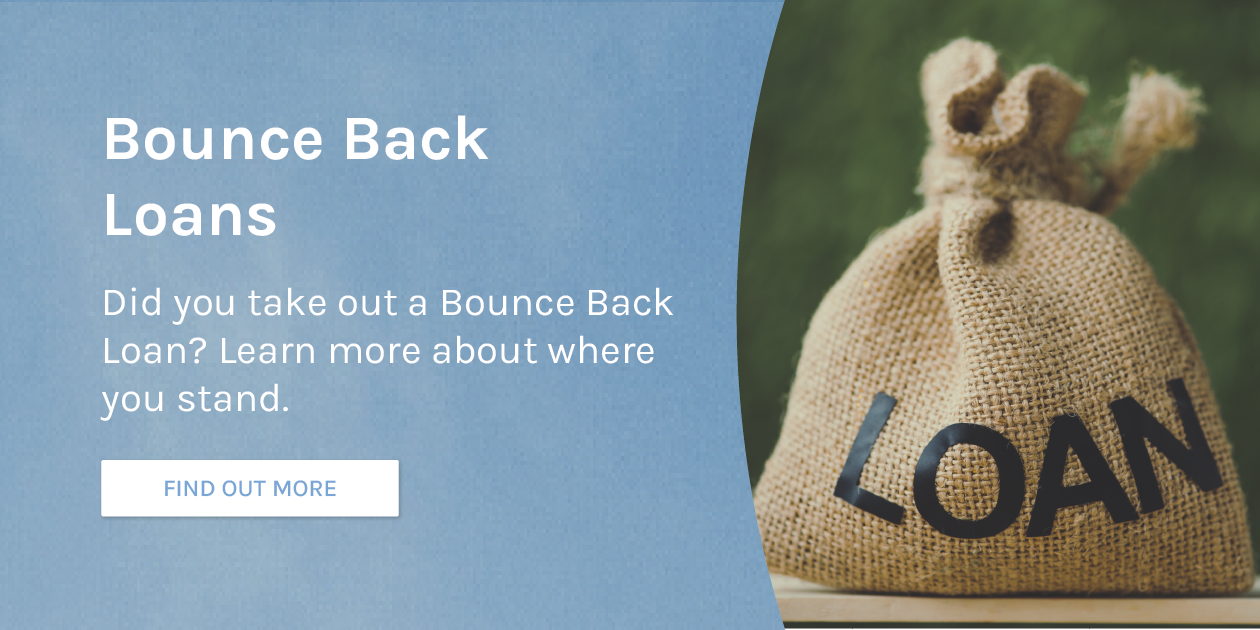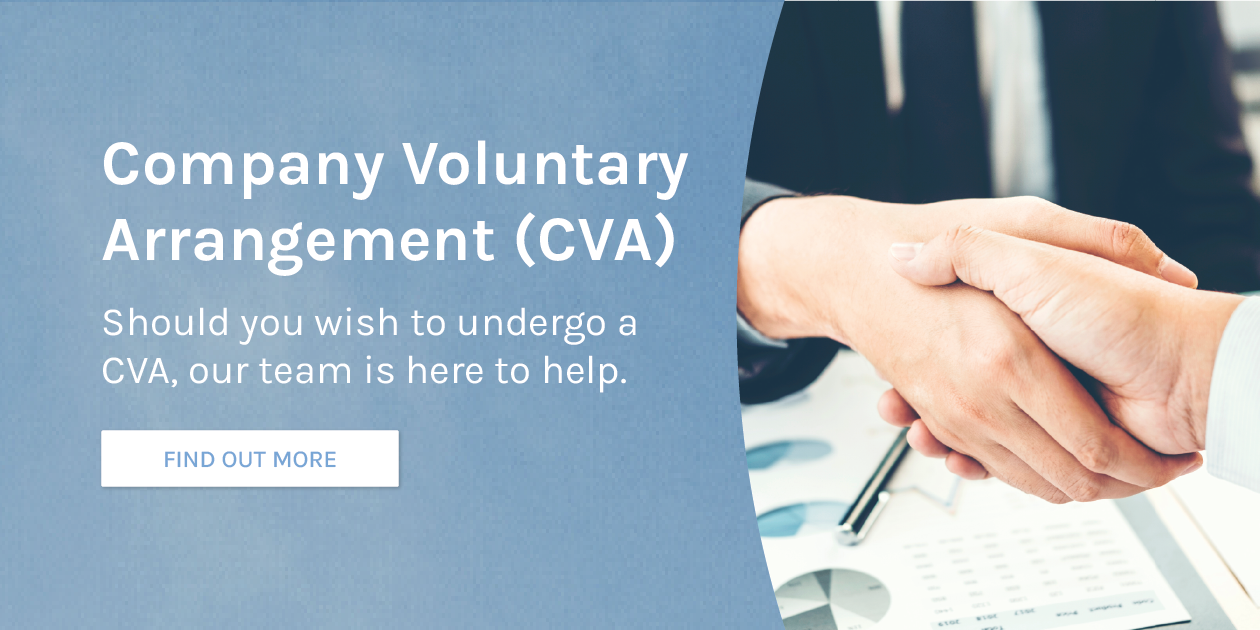The question of whether or not you can strike off a company with bounce back loans (BBL) outstanding has been asked by directors since the concept was introduced during the height of the COVID-19 pandemic. Unfortunately for people hoping for a quick solution to a stressful situation, the answer is not as easy as a simple yes or no.
Introduced to help British businesses survive the hardships brought on by the forced closures of virtually every industry, bounce back loans saved thousands of companies. However, now normality has returned, many directors are struggling with repayments on top of their ongoing liabilities.
In this blog we will discuss the act of ‘striking off’ a business, if dissolving a business with BBLs is possible and, if so, what you can do.
What Does ‘Strike off ‘Mean for a Company?
Striking off a business will generally involve removing it from, or ‘striking it off’, the official Companies House register. The process is most often reserved for companies who have ceased trading for any reason. Common reasons to halt trading include financial difficulty, retirement, wishing to focus on other ventures, and poor company performance.
Once a business has been struck off the register, it will no longer be legally able to trade or be acknowledged publicly. Instead it will be dissolved and, effectively, ceases to exist.
A company can be struck off and dissolved if it meets any of the following criteria:
- It is no longer trading – instead being dormant
- The parent company deems it no longer needed
- The director(s) want to leave the business and there is nobody else willing to take it over
Can I Dissolve a Company With a Bounce Back Loan?
While it is possible for you to dissolve or strike off a company with bounce back loan obligations. Perhaps, the question should instead be if you should. This is because, due to the high likelihood of objection by creditors, doing so is not often advised and the director accomplishing their desired end-goal is highly unlikely.
The objection to dissolving a company with bounce back loans stems from the fact that any business unable to pay back its debts is insolvent. Insolvent companies, should they wish to be dissolved, are tied to the more stringent procedures laid out in the Insolvency Act 1986.
Should you, as director, attempt to strike off your company and thereby bypass anything set out in the Insolvency Act, any owed creditors (including your bounce back loan lender) may argue that the correct due process has not been undertaken when you struck off your company – potentially leading to legal action.
What Happens to the Bounce Back Loan if a Company is Dissolved?
If a business is dissolved with an outstanding bounce back loan, attempts will still need to be made to pay off the debt — despite the original company no longer existing. Just because the company is no longer active, does not mean the amount owed disappears by default.
When the business is struck off or dissolved, all assets left over will be liquidated. This is done in an attempt to repay all creditors.

However, if, following this liquidation of assets, the amount raised is not sufficient to repay the amount owed in full, what happens next will likely depend on the situation. If there are multiple sources of debt remaining, it may be possible that, depending on what the debt is, the director may be found personally liable.
However, in other cases, like if all that is left unpaid is the bounce back loan, the debt may be written off by the lender.
While this may be true, it’s important to remember that, as a director, you could still be found liable for unpaid bounce back loan debt (or other debts) if it is deemed that you acted improperly or breached your fiduciary duties in the process
If you find yourself in this position, or you fear that this could be in your future, it’s important that you seek out professional advice as soon as possible to protect yourself against the likelihood of facing personal liability.
How to go About Dissolving a Company With a Bounce Back Loan
If your business cannot afford to pay its debts on time and you find yourself needing to strike off a company with bounce back obligations outstanding, the best solution is voluntary liquidation. This liquidation method allows you to wind up business affairs in as orderly a fashion as possible.
A voluntary liquidation also allows for the clearest process for dealing with all remaining assets and liabilities. This helps make sure that all creditors are dealt with fairly and according to clear guidelines. This, in turn, can minimise future legal issues for company directors by way of being found liable for outstanding debts.
The process entails an insolvency practitioner working to bring a formal and official end to the business. This practitioner is also responsible for dealing with any outstanding creditors — including bounce back loans.
Voluntary liquidation, while a possible solution for many, should not be taken lightly. If you think this option is best for you, it’s vital that you consult with a professional. They can assess your financial situation, explore all available options, including restructuring, and make certain that you are going down the right path.
For more information about voluntary liquidation, read our dedicated guide to what the process will entail.
Expert Bounce Back Loan Advice you can Trust
Bounce back loans were introduced when British industry was on its knees. Factories, pubs, retail, and leisure companies were almost all unable to open due to the impacts of the COVID-19 pandemic. Even the few businesses that were able to remain open were largely impacted in some way — be it by having their customer base massively reduced, being unable to field a full team, or having difficulty sourcing stock.
The introduction of BBLs provided a huge, much needed shot in the arm for these struggling companies — particularly after it became clear that the lockdowns were not likely to be only short-term.
However, while it may have helped keep thousands of directors in business, a lot of these same people now find themselves struggling to repay the owed amounts in addition to any other financial responsibilities or liabilities they may now have.
As a result, many directors have wondered if they can strike off a company with bounce back loans. As detailed in this blog, you can strike off your business, even with outstanding bounce back loans. However, you need to be very careful if this is your intended path. The potential to leave yourself exposed is great — making it all the more important that you get an expert in your corner as soon as possible
The Inquesta insolvency team has been there and seen it all. Since the lockdowns came to an end and companies needed to begin repaying their loans, we have helped countless businesses. Our expertise comes as a result of years of experience, and a core knowledge of the best options for a struggling company.
We can assess your financial situation and advise you on what these ideal options are for you and what your next steps should be. For maximum security, contact Inquesta.



